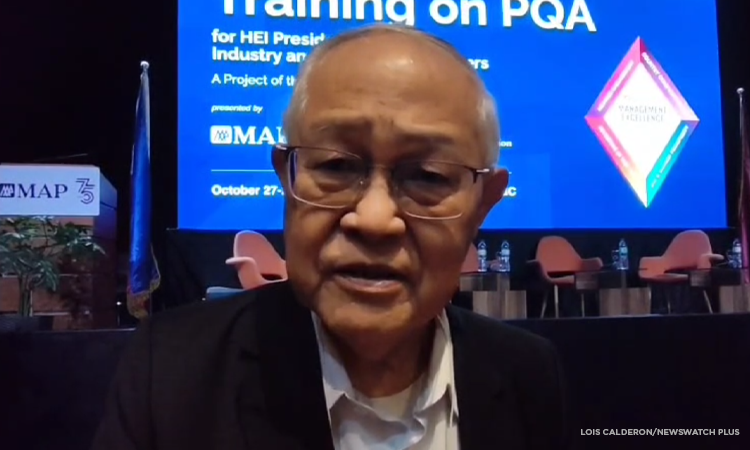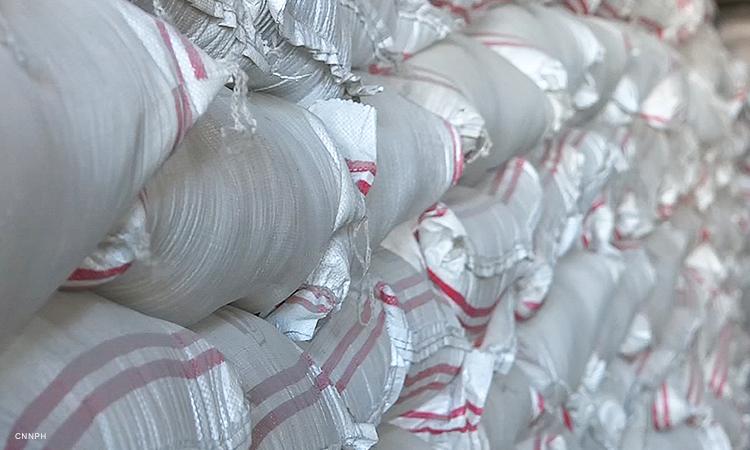Adiong: Postponement of BARMM polls could violate suffrage rights
Metro Manila, Philippines — Any delays in the Bangsamoro Autonomous Region in Muslim Mindanao (BARMM) parliamentary elections could infringe on citizens' constitutional rights, a House lawmaker said on Monday.
In an interview on NewsWatch Now, Lanao del Sur 1st District Representative Zia Adiong emphasized the need to protect the people’s right to vote.
“Kailangan magkaroon din ng balance sa ruling ng Supreme Court with the same Supreme Court [ruling] saying that there shouldn’t be any delay or any postponement, rescheduling of the election,” he said, referring to a previous high court decision.
[Translation: There must also be a balance with the Supreme Court ruling that there shouldn’t be any delay, postponement, or rescheduling of the election.]
The proposed postponement follows a Supreme Court ruling that excludes Sulu from BARMM, raising concerns over parliamentary seat distribution. Senate President Francis Escudero recently proposed a bill to move the BARMM elections from May 2025 to May 2026.
If the elections were to be delayed, Adiong explained, “ang mag e-extend po diyan is yung transition period but not necessarily the assumption of those current members of the parliament.”
[Translation: “The transition period will be extended, but current members of parliament won’t automatically remain in their posts.]
Adiong clarified that the House of Representatives has not yet taken a position on Escudero’s bill.
“We haven’t yet heard from the Speaker kung [sic] what’s going to be the direction of the House of Representatives,” he said, adding that there’s time for discussion if the House prioritizes the measure.
BARMM was created under a 2014 peace agreement between the Philippine government and the Moro Islamic Liberation Front to foster peace and self-governance in the region.
The upcoming parliamentary elections are a key step toward BARMM’s full autonomy.





